Will My Regular Dental Insurance Cover Dental Work?
You’re not alone if you’re wondering whether your regular health insurance will cover dental work. Many people need clarification about the extent of their insurance coverage regarding dental procedures. In the United States, traditional health insurance plans focus on medical services rather than dental care.
Nevertheless, several exclusions and substitutes must be considered. This article will explore insurance coverage for dental work and various factors to consider.
Traditional Health Insurance
Traditional health insurance plans in the US are primarily designed to cover medical services such as doctor’s visits, hospital stays, prescription medications, and specific medical procedures.
These plans are often obtained through employers, government programs like Medicare or Medicaid, or purchased individually from insurance providers. While they provide essential coverage for medical expenses, dental care is generally not included as a standard benefit.
Limited Dental Coverage in Health Insurance
Health insurance policies usually do not cover routine dental treatment, such as cleanings, fillings, and extractions, while some may provide limited coverage for dental services connected to emergencies or accidents. Traditional health insurance policies typically offer very little dental coverage. It applies only in certain situations, including dental work in a hospital or a medical issue.
Considerations for Dental Coverage
When evaluating your insurance coverage for dental work, consider the following factors:
- Details of Policy: To determine which dental services are covered by your insurance, thoroughly review your policy. Seek out details regarding any applicable copayments or deductibles, as well as exclusions and limitations.
- Network Providers: Determine whether your insurance plan has a network of dental providers and whether you must visit in-network dentists to receive coverage. Out-of-network dental services may not be reimbursed or be subject to higher out-of-pocket costs.
- Other Options for Coverage: If your typical health insurance plan offers insufficient dental coverage, consider other choices, such as inexpensive dental or independent dental insurance plans. For a higher price, these solutions might provide more thorough coverage for regular dental care.
- Supplemental Coverage: Some health insurance plans offer supplemental dental coverage as an optional add-on or rider. These supplemental plans may provide enhanced coverage for dental services beyond what is included in the base health insurance policy.
Dental Insurance Plans
Dental treatment, including preventative care, routine procedures like fillings and extractions, and significant procedures like root canals and crowns, are all covered by standalone dental insurance plans. These plans typically require monthly premiums, copayments, and deductibles, but they can provide valuable financial protection against unexpected dental expenses.
Discount Dental Plans
Through a network of participating dentists, discount dentistry or dental savings programs provide reduced costs for dental procedures. Instead of paying premiums and copayments like with traditional insurance, members pay an annual fee to access discounted rates for dental procedures.
While discount plans do not provide insurance coverage per se, they can help individuals save money on dental care, especially if they do not have access to employer-sponsored insurance or Medicare/Medicaid.
Factors to Consider When Choosing Dental Coverage
When selecting a dental insurance plan or discount dental plan, consider the following factors:
- Coverage Levels: Evaluate the plan’s scope of coverage, including preventive care, basic procedures, and primary treatments. Seek for plans that provide complete coverage for your oral health requirements.
- Costs: Compare premiums, copayments, deductibles, and annual maximums to determine the plan’s overall cost. Consider your budget and how much you’re willing to pay out-of-pocket for dental care.
- Network Providers: Check the list of participating dentists to see if dentists in your area accept the plan. Consider whether you’re comfortable seeing in-network dentists or prefer the flexibility of out-of-network coverage.
- Waiting Periods: Some dental insurance plans may have waiting periods before covering certain services. Recognize any waiting times that are part of the plan and how they impact your ability to receive dental care when needed.
Examples of Insurance Companies and Their Dental Coverage Policies:
- Blue Cross Blue Shield offers various health insurance plans, some of which include optional dental coverage. Their dental plans may cover preventive care, basic procedures, and primary treatments, with varying levels of coverage and cost.
- Aetna provides medical and dental insurance plans, including standalone dental and discount programs. Their dental coverage options may include coverage for preventive care, fillings, extractions, and other dental services.
- Cigna offers dental insurance plans with comprehensive coverage options for individuals, families, and employers. Their plans typically include coverage for preventive care, basic procedures, and primary treatments, with different levels of coverage and cost.
- Delta Dental is one of the largest dental insurance providers in the US, offering various plans for individuals, families, and employers. Depending on the specific plan, it may cover preventive care, basic procedures, orthodontic treatment, and more.
- MetLife offers nationwide dental insurance plans with flexible coverage options and network providers. Their plans may include coverage for preventive care, therapeutic services, endodontics, and oral surgery, among other dental treatments.
In conclusion, traditional health insurance plans in the US typically do not provide comprehensive coverage for dental work. Routine dental care is usually not covered by insurance policies, but some may provide limited coverage for dental services associated with emergencies or accidents.
To ensure adequate coverage for dental expenses, individuals may need to explore standalone dental insurance plans, discount dental plans, or other alternative options. When selecting a dental insurance plan to meet your needs, it’s essential to carefully review policy details, network providers, and coverage limitations.
By understanding your insurance options and exploring supplemental coverage options, you can better prepare for the costs associated with dental care and maintain optimal oral health.
Sources
- Blue Cross Blue Shield – https://www.bcbs.com/
- Aetna – https://www.aetna.com/
- Cigna – https://www.cigna.com/
- Delta Dental – https://www.deltadental.com/
- MetLife – https://www.metlife.com/
- American Dental Association (ADA) – https://www.ada.org/
- Mayo Clinic – https://www.mayoclinic.org/
- Medicare.gov – https://www.medicare.gov/

